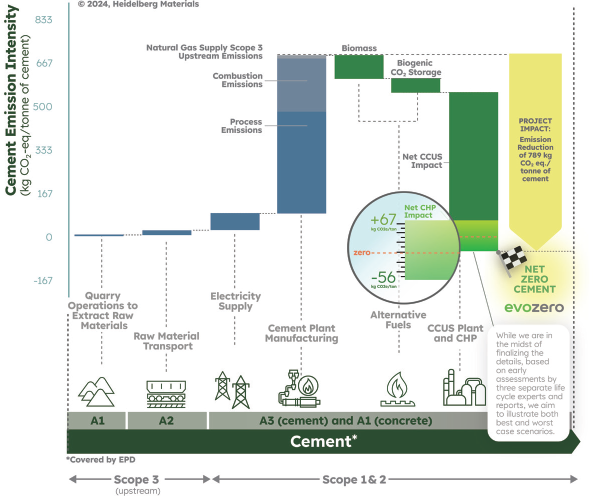July/August 2018
Communities: Industry
Ready To Captain Your Own Ship?
BY CALEB WRIGHT, P.E.
 For one reason or another, most engineers consider going it alone at some point in their careers. Whatever your reason, you’ll likely not know any less about how you’ll fare on your own than when you start. Hopefully a brief description of my experiences will give you a better idea of what you’re in for if you take the leap from a job in industry to offering consulting engineering services.
For one reason or another, most engineers consider going it alone at some point in their careers. Whatever your reason, you’ll likely not know any less about how you’ll fare on your own than when you start. Hopefully a brief description of my experiences will give you a better idea of what you’re in for if you take the leap from a job in industry to offering consulting engineering services.
Setting up the administrative aspects of your business can be a lot of fun because you feel like a captain at the helm of the ship—but there are challenges. Errors and omissions insurance took me months to sort out. Everyone wanted to sell me a policy but not the policy I needed for a reasonable price. My first insurance quote looked great until the last page excluded all work in the mining industry (my bread and butter at the time) despite my conversation with the sales representative. A friend eventually told me about an insurance program offered as a member benefit of an engineering association, and I took advantage of the group rate. I now have a policy that doesn’t exclude mining industry work, at one-quarter the price of the other quotes, and it’s backed by Lloyd’s of London.
If you’re going to practice engineering as a sole proprietor, you will avoid some headaches and fees associated with a limited liability company, but you may not be able to name your business (at least in North Carolina where I organized); and you also won’t have the “corporate veil” to work behind. The process for setting up a legal entity to do business as an engineering firm has a few basic steps that are the same as any other business, plus you’ll need permission from the state board of engineers first:
- Pick a name and search your state’s Corporations Division of the Secretary of State’s website for the name you want to be sure it hasn’t been taken;
- Get permission from your engineering board by applying for your certificate of authority; and
- File your articles of organization, which you can do yourself per your state’s requirements for ownership and management by an engineer.
You’ll also want a tax ID (EIN#) from IRS.gov, which you can get for free in about five minutes, as long as you’re a single member LLC. (This acts as a pass-through entity for tax purposes so you can file your personal taxes the same as you do now.)
After you’ve created a vehicle to safely and legally collect money, you’ll want to create outward-facing representation to help get clients. A website is ridiculously easy to create now. Even if your website doesn’t sell anything, it can highlight your services, host your blog, and allow your clients to research you and see that your business is focused on problems like theirs. Putting together a website also forces you to think about your business plan. Buy a domain that works for you, and then try one of the “build your own” options to get through the process of deciding what your content needs to look like.
Finding clients is fun and challenging. There are myriad options for advertising but none as good as word of mouth and networking. As an employee in industry, you probably won’t have much experience communicating directly to potential clients. Having an “elevator speech” or short answer to “what do you do?” plus a good follow-up summary of relevant services you offer is key to sparking interest in your services.
As an employee in industry, it may have been a struggle to get the time to go to conferences. Participation in professional societies may have also been limited to “mailbox membership.” Once you’re free to follow your own path, you can seek the best opportunities to find like-minded individuals, partners for projects too large for one individual, and potential clients who need some help with a project that you’ll be perfect for.
Whether you’re ready to start your own consultancy tomorrow or just want to have something interesting to do after retirement, setting up a business entity now will do you good. After years of working with a company of others, learning to do literally everything requires a different perspective. At the end of the day, my business can exist for a few thousand dollars a year of fixed costs for insurance, licensure, subscriptions, and office space. And, most importantly, owning my own business, and my own time, has allowed me to focus on the work that I enjoy and am best suited for.
NSPE member Caleb Wright, P.E., is an independent consulting engineer in New Bern, North Carolina. He specializes in corrosion control and process engineering in the mining, minerals, metals, and chemical industries.


 Volunteering at NSPE is a great opportunity to grow your professional network and connect with other leaders in the field.
Volunteering at NSPE is a great opportunity to grow your professional network and connect with other leaders in the field. The National Society of Professional Engineers (NSPE) encourages you to explore the resources to cast your vote on election day:
The National Society of Professional Engineers (NSPE) encourages you to explore the resources to cast your vote on election day:


